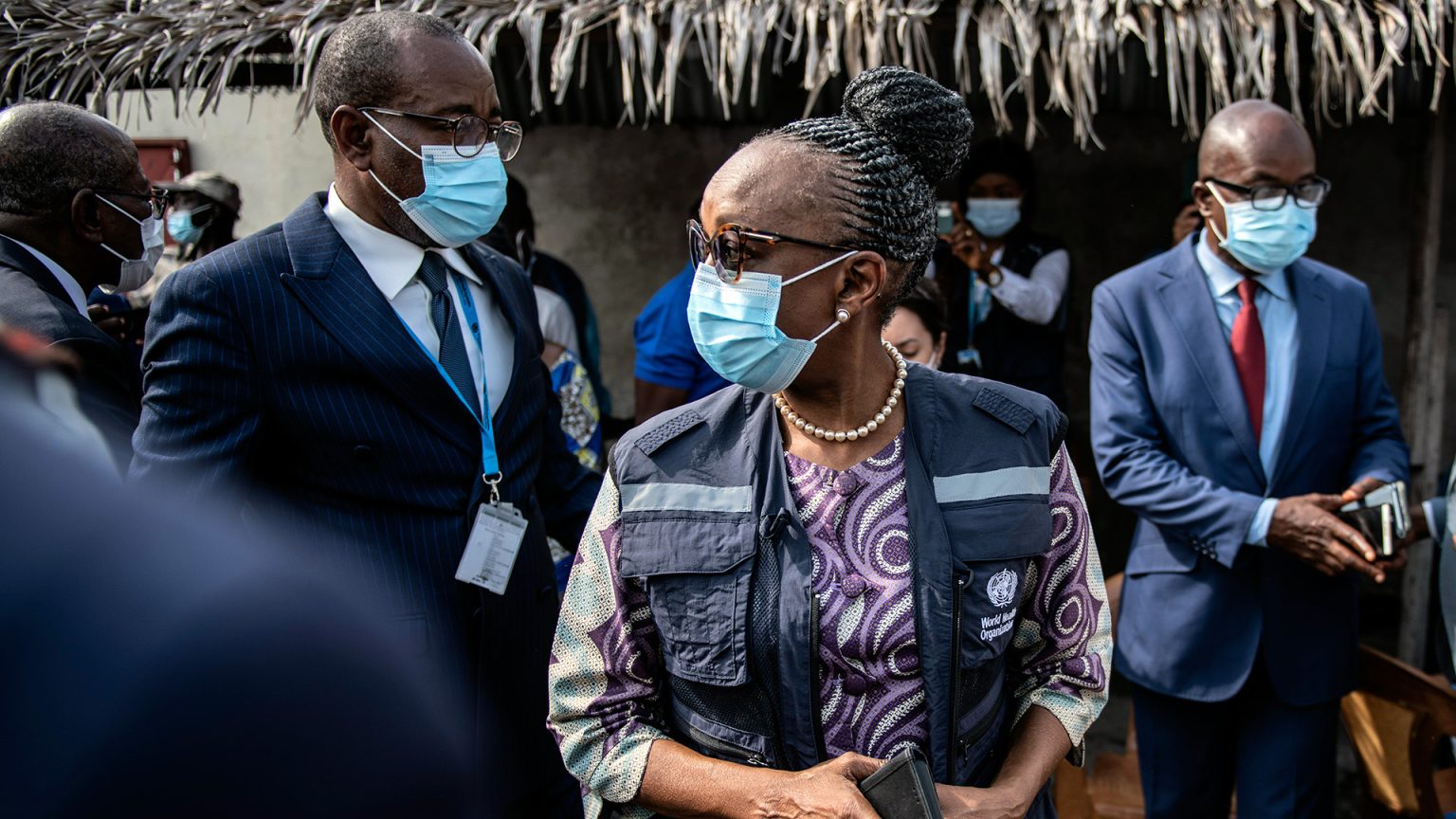Dr. Matshidiso Moeti, the World Health Organization’s regional director for Africa, highlights the severity of the mpox outbreak on the continent, which was previously confined to Central Africa but has now become a global threat. The current wave of mpox is affecting mostly children, making it a critical situation that requires urgent attention and resources. However, despite the seriousness of the situation, the international response has been slow, mirroring the disparities and inequities seen during the COVID-19 pandemic.
One of the key challenges faced by Africa in its battle against mpox is limited access to vaccines and resources. This shortage has exacerbated the situation, leading to a higher number of cases and putting more lives at risk, especially among vulnerable populations. Dr. Moeti stresses the importance of global solidarity and support in addressing these health challenges, emphasizing the need for stronger collaboration and coordination among countries and organizations to effectively combat the outbreak.
In the face of these ongoing health challenges, Dr. Moeti calls for increased global health support for Africa to ensure that the continent can effectively respond to outbreaks like mpox. She emphasizes the need for sustainable investments in health systems and infrastructure, as well as equitable access to vaccines and treatments. Without these critical resources and support, Africa will continue to struggle in managing and containing infectious diseases, putting the entire population at risk.
The mpox outbreak in Africa serves as a stark reminder of the importance of prioritizing global health security and investing in preparedness and response mechanisms. Dr. Moeti highlights the need for a comprehensive and coordinated approach to tackling infectious diseases, including strengthening surveillance systems, enhancing vaccine distribution networks, and improving healthcare infrastructure. By working together and supporting each other, countries can better protect their populations and prevent the spread of deadly diseases.
In addition to addressing the immediate challenges posed by the mpox outbreak, Dr. Moeti emphasizes the importance of building resilient health systems that can withstand future health threats. This includes investing in training and capacity-building for healthcare workers, as well as improving access to essential medicines and technologies. By prioritizing health security and strengthening healthcare systems, Africa can better protect its population and prevent future outbreaks from escalating into global pandemics.
Overall, Dr. Matshidiso Moeti’s insights shed light on the urgent need for stronger global health support for Africa in the face of the mpox outbreak. By addressing the root causes of vaccine inequity and resource shortages, countries can work together to build a more resilient and sustainable healthcare system that is better equipped to respond to future health crises. Through collaboration and solidarity, the international community can help Africa overcome its health challenges and ensure a healthier and more secure future for all.













